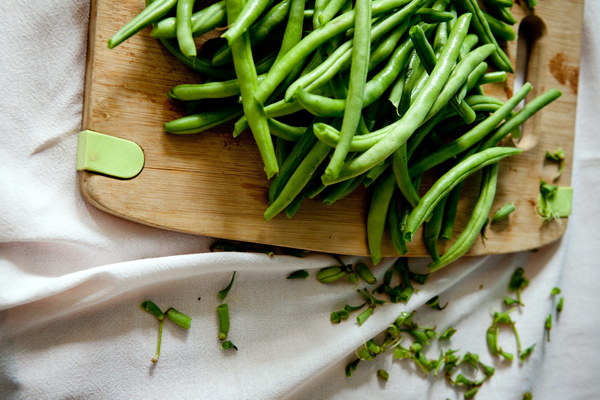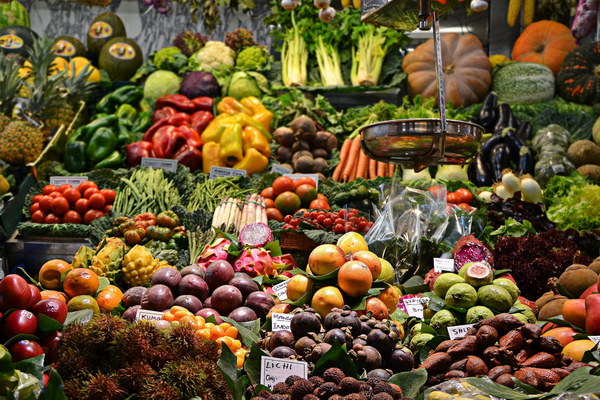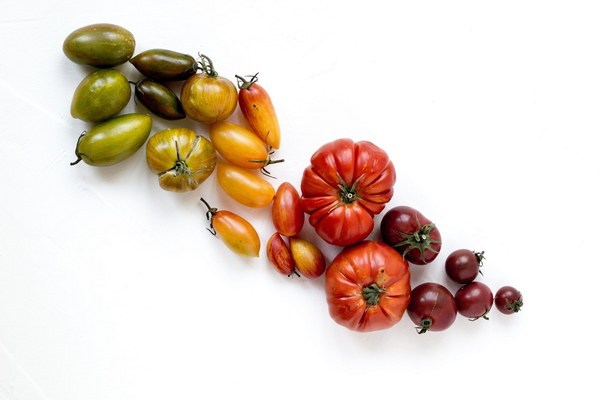Does Eating Congee or Noodles Really Nourish the Stomach
In the realm of traditional Chinese medicine, it is widely believed that consuming congee or noodles can be beneficial for the stomach. But is this belief grounded in scientific evidence, or is it merely a myth? In this article, we will delve into the topic and explore whether eating congee or noodles can truly nourish the stomach.
Congee, also known as porridge or jook, is a staple food in many Asian cultures, particularly in China. It is made by cooking rice or other grains in a large amount of water until the grains are fully softened. The resulting mixture is then cooked down into a thick, soupy consistency. Noodles, on the other hand, are a versatile food that can be found in various forms and styles across the globe.
The notion that eating congee or noodles is good for the stomach is based on several factors:
1. Easy to digest: Both congee and noodles are soft and tender, making them easy to digest. This is especially beneficial for individuals with sensitive stomachs or those who are recovering from an illness.

2. Low in fat and calories: Congee and noodles are typically low in fat and calories, which can be advantageous for those who are looking to maintain a healthy weight or manage their blood sugar levels.
3. Hydration: Both congee and noodles have a high water content, which can help to keep the digestive system hydrated and promote regular bowel movements.
4. Nutritional value: Congee and noodles can be enriched with a variety of ingredients, such as meats, vegetables, and herbs, which can provide essential nutrients and vitamins to support overall stomach health.
However, it is important to note that while consuming congee or noodles can be beneficial for some individuals, it is not a universal solution for stomach issues. Here are some considerations to keep in mind:
1. Not suitable for everyone: For some people, consuming large amounts of congee or noodles may exacerbate stomach discomfort, especially if they have specific dietary restrictions or gastrointestinal conditions, such as celiac disease or lactose intolerance.
2. Overindulgence can lead to weight gain: While congee and noodles are low in fat and calories, they can still contribute to weight gain if consumed in excessive quantities. Moderation is key.
3. Lack of fiber: Both congee and noodles lack fiber, which is an essential component for maintaining digestive health. Incorporating fiber-rich foods, such as fruits, vegetables, and whole grains, is important for a balanced diet.
In conclusion, while eating congee or noodles can be a comforting and nourishing option for some individuals, it is not a magic solution for stomach issues. It is essential to consider individual dietary needs, health conditions, and the overall balance of one's diet when incorporating these foods into one's meal plan.
Incorporating congee or noodles as part of a varied and balanced diet can offer some stomach-soothing benefits, especially for those with sensitive stomachs or digestive issues. However, it is crucial to be mindful of portion sizes and not rely solely on these foods to address stomach concerns. Consulting with a healthcare professional or registered dietitian can provide personalized advice based on individual health needs and dietary goals.









